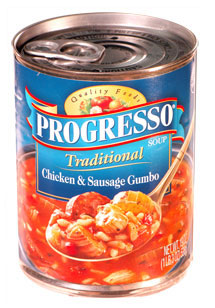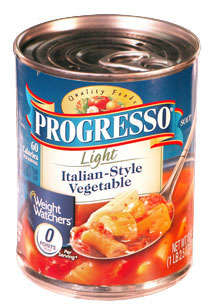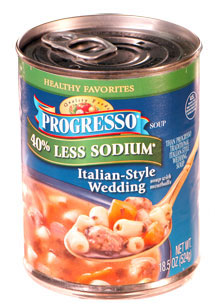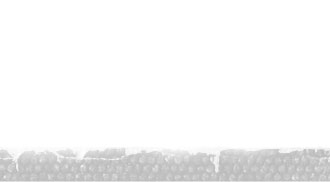• CONCEPT
• DIET
• MOVIE
• PROGRESS
• BLOG
• NEWS
• TRAILER
• STATISTICS
• EXERCISE
• SXSW
• PRODUCTS
• BREVICK
• TO MY CRITICS
|
HOW AM I DOING IT?
Not a diet
I really don't believe it would be correct to describe what I'm doing as a diet. It relates far more closely to Gastric Bypass Surgery in as much as it is an avenue to rapid weight loss and not a long-term eating/nutritional strategy as most diets are. As with GBS anyone using this approach needs to learn what's required for long-term maintenance. To some degree this approach is designed to lead you in the proper direction once your desired weight is achieved, but a proper understanding and application of nutritional principles and exercise must be considered. More details to come with respect to that important issue.
Going cold turkey
The first key, as I see it, is to get past the whole over-eating/food addiction. I started with 3-6 weeks of liquids only. The time frame varies depending on how one defines liquids. The strong (for me out of control) desire to eat is like an addiction. It takes me about 4-6 days of liquids only to break the "eating addiction". The first three days are really tough, the 4th day is still hard - but by the 7-9th day I'm completely free of that overwhelming need to eat. I find myself going through withdrawal - get past that (it's not easy) - and then it's just a matter of being patient. Dieting is much easier when you no longer feel you have to eat. I really think that a nutritional and safe "fast" might be a good way to start any diet - for this approach I believe it's critical. It really sets you up for a much easier duration.
HMR 500
I start out with HMR 500 shakes only 6 shakes a day (100 calories each) plus the included supplements. This gives you 120% of the daily requirements of all nutrients and vitamins. I mix 2 shakes at a time, so three meals a day at 200 calories per.
Progresso Soups
I then transitioned to Progresso soups starting with the tomato (very little solid) for a week, then slowly added Progresso soups that were more substantial. Always staying within the 600-calorie limit. I was partially on the HMR and the soups and slowly switched to nothing but the soups (still using the HMR supplements). My exact consumation on a day-by day basis will be jounaled on Fitday.com, I hope to make that public.
The Progresso soups in combination with the HMR supplements is identical to the HMR program except that you typically have 2 grams less protein then the full shakes only approach. I could have stayed on the shakes entirely but thought if I could make a transition - this whole project would have more appeal (would be of more value) to others and me too.
I was worried that the soups (even with the same calories as the shakes only) might slow the rate of weight loss - they did not. Also I was concerned that the soups might kill the effect of going cold turkey on the "over-eating" issue, also did not happen. I'm now only eating to get the nutrients. Making sure I EAT is an issue, over-eating is not.
As the exercise has increased I had to add calories. I'm now burning more then 500 calories with the run alone. I started losing 7 - 9 pounds a week, that's more then I need and made me a little nervous, so I'm now at close to 800 calories. I'm now having more solid foods with the soups, croutons, sandwiches, salads anything really (licorice, bologna, pasta, hotdogs) I just don't consume anything that I don't know the calories of and I don't go over the 800. So far the introduction of solids has not had any effect on either the rate of loss - or the addiction aspect.
I think if someone had the self-control they could jump straight to the Progresso soups or just go with the solids keeping in the 600-calorie range (higher with exercise). Every diet I've ever tried requires a good deal of self-control to stay on (through out the entire diet). This approach requires a good deal of courage and suffering for 4-6 days. Then the rest is easy. As I stated in the disclaimer there are some health risks involved, but they don't began to compare to the risks associated with GBS nor do thy compare to the risks associated with obesity - high blood pressure, diabetes, heart disease, joint and bone damage, difficulty sleeping and a myriad of social and psychological issues.
|




|





